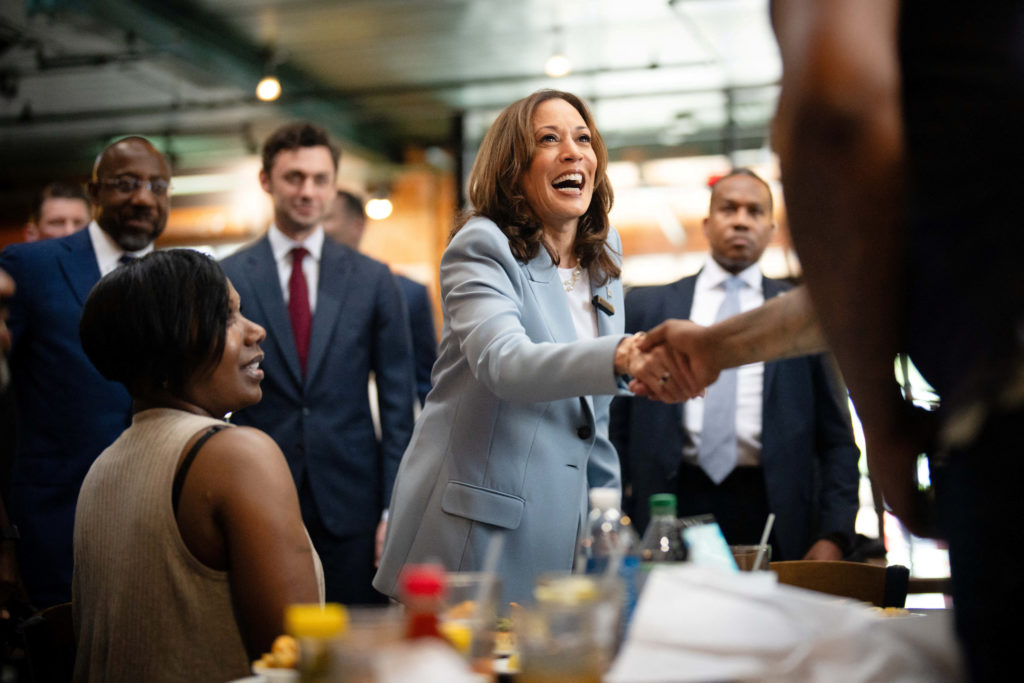
Laura Barrón-López:
It’s not the first time Mr. Trump and other Republicans have accused a politician of color of not knowing their own race or ethnicity. Trump’s comments on Wednesday echoed his lies about Harris in 2020 and Barack Obama during his presidency, that they were not natural born American citizens.
Peniel Joseph is the founding director of the Center for the Study of Race and Democracy at the University of Texas at Austin. He’s also author of “The Third Reconstruction: America’s Struggle for Racial Justice in the 21st Century.”
I want to first note that back in 2020, Donald Trump’s campaign spokesperson said that Kamala Harris is a black woman, and pointed to donations that Trump had made to her earlier campaigns is evidence that he is not racist. But again, these are not the first instances of Trump questioning Harris’s identity and her race. What is behind this?
Peniel Joseph, The University of Texas at Austin: I think this is a long standing tradition of questioning the citizenship, the dignity, the authenticity, of black political figures. When we think about Kamala Harris, in this context, what Trump is doing is really talking to his own base. He’s talking to white voters who are aggrieved by this idea, which is false, that they are being replaced by people of color, sometimes they feel they’re being replaced by Jews.
So there is this racist, antisemitic strain that he is tapping into by saying she doesn’t know whether she wants to be South Asian, she doesn’t know whether she wants to be black. He’s signaling to his followers, that this is the coming wave that I’m here to protect you again.

